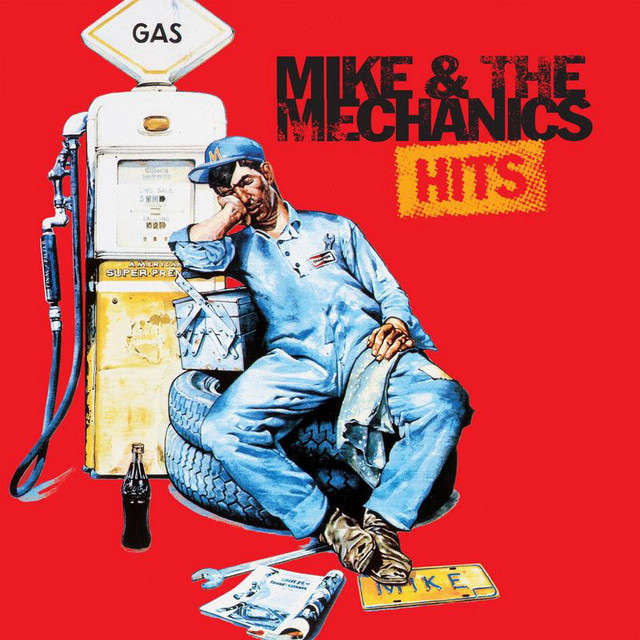A new UK-France migrant returns deal has come into force in a bid to reduce the number of migrants crossing the Channel in small boats.
Prime Minister Sir Keir Starmer and French President Emmanuel Macron announced the "one in, one out" agreement on 10 July after months of talks, and it has since been approved by the European Commission.
Here is what we know about the deal so far.
What is the basic agreement?
The UK will be able to send migrants who enter the UK on small boats back to France.
For each one returned, the UK will allow an asylum seeker to enter through a safe and legal route - as long as they have not previously tried to enter illegally.
This is a pilot scheme for now, which will be in place until June 2026. A joint committee has been set up to review it on a monthly basis pending a decision on its long-term future.
When will it begin?
The agreement came into force on 5 August, having been signed by both countries and approved by the European Commission.
Home Secretary Yvette Cooper told Sky News anyone arriving in the UK by small boat after this date can be detained "immediately upon arrival".
The process of then transferring them to France will take up to three months, according to the treaty.
Who will be returned?
The scheme applies to adults or accompanied minors who have arrived by small boat via France.
There have been no details released on how the government will select who is returned out of this cohort - as it will only apply to a small fraction of arrivals - but the treaty notes some cases in which migrants will be ineligible for deportation.
This includes if someone has an outstanding human rights claim, outstanding suspensive judicial remedies or an injunction or court order that prevents their transfer.
Culture Secretary Lisa Nandy has rejected accusations from the Tories that these are "easy loopholes" for lawyers to exploit, telling Sky News: "That's not the case at all. The deal that we've struck will allow us to send people back to France who have human rights claims. Those claims will be heard in France."
Read more:
What difference will 'one in, one out' small boats deal make?
How many will be returned?
No numbers have been mentioned as part of the scheme, but there are reports around 50 people a week will ultimately be returned to France.
Since the start of March, an average of more than 1,000 people have arrived in small boats every week. Sending 50 of them back would represent less than 5% of that total.
Home Secretary Ms Cooper has admitted the scheme will start small as it is just a pilot at this stage, but says the hope is that it can be expanded.
She has declined to give a figure, saying people smuggling gangs would then operate their networks around that information.
Is the deal set in stone?
The treaty will remain in force until June 2026. Both countries will continually review the scheme over the next year, pending a decision on the long-term future of the arrangements.
Bruno Retailleau, France's interior minister, said the agreement "establishes an experimental mechanism whose goal is clear: to smash the gangs", adding that it marked the "first stage" of efforts by the whole of the European Union sparked by the UK-EU summit in London in May.
Who will be accepted into the UK?
As part of the deal, the UK has agreed to provide a voluntary application route for entry from France. Those wanting to come will have to submit an Expression of Interest application to the Home Office.
They will need to establish their identity and nationality and will be subject to strict security and eligibility checks before a decision is made.
How much is it costing?
The UK will pay the full cost of transporting migrants in both directions under the terms of the treaty. The government has not put a figure on how much this could cost.
This is on top of the hundreds of millions the UK has given to France to police the Calais coast.
What have the French said?
Bruno Retailleau, France's interior minister, said the agreement "establishes an experimental mechanism whose goal is clear: to smash the gangs".
He added that it marked the "first stage" of efforts by the whole of the European Union sparked by the UK-EU summit in London in May.
What else is being done?
Mr Macron has repeatedly said the UK needs to address "pull factors", such as illegal working.
The Home Office has said authorities will soon undertake "a major nationwide blitz targeting illegal working hotspots, focusing on the gig economy and migrants working as delivery riders".
Uber Eats, Deliveroo and Just Eat have already committed to ramp up facial verification and fraud checks in the coming months after ministers called in bosses for talks.
The government has also introduced eVisas for people in the UK on a visa to make it easy to identify those who are in the UK legally.
For the first time, France has also agreed to allow police officers to enter the water from the beaches in northern France to try to stop the boats from leaving.
Over the past two weeks, they have been filmed slashing the rigid inflatable boats (RIBs) the people smugglers load up with migrants.
The British government, which is helping to fund the French police's efforts, is pushing France to go further and let officers intervene against boats in deeper waters.

(c) Sky News 2025: What is the UK-France migrant returns deal, who will be returned and how many?


 Chancellor warned 'substantial tax rises' needed - as she faces 'impossible trilemma'
Chancellor warned 'substantial tax rises' needed - as she faces 'impossible trilemma'
 No outright winner from Charity Commission's verdict on row between Prince Harry and Sentebale chair
No outright winner from Charity Commission's verdict on row between Prince Harry and Sentebale chair
 Man who murdered Anita Rose while she was walking her dog on a Suffolk footpath jailed
Man who murdered Anita Rose while she was walking her dog on a Suffolk footpath jailed
 Birmingham Airport runway shut after 'aircraft incident'
Birmingham Airport runway shut after 'aircraft incident'



